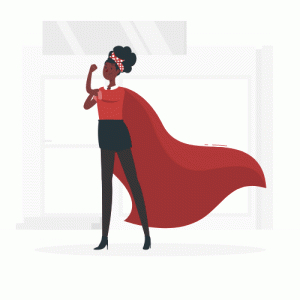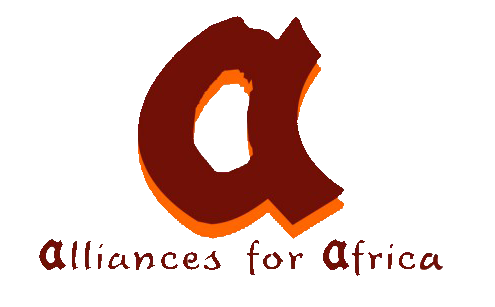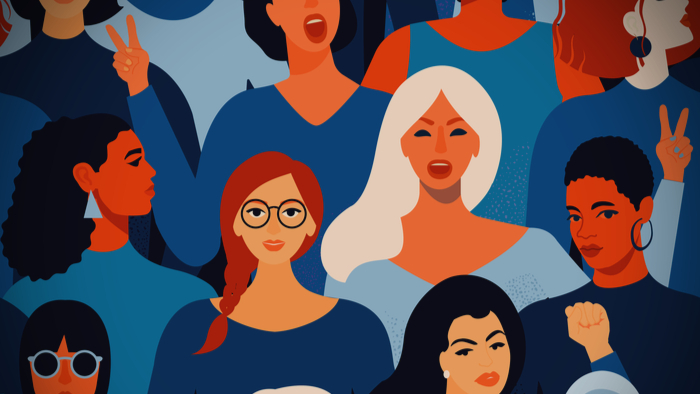THE COVID-19 GLOBAL PANDEMIC AND VIOLENCE AGAINST WOMEN AND GIRLS IN SOUTHEAST NIGERIA
Global pandemics are world emergencies and this tends to exacerbate violence against
women and girls. The COVID-19 pandemic has increased the risk of sexual and gender-based violence (SGBV) for women and girls in many ways with the documented
upsurge in China, United States, United Kingdom and other countries suggesting an
increase in domestic violence cases since the outbreak of the COVID-19 pandemic. Here
in Southeast, Nigeria where we work, we have recorded an increase in reports of
violence against women and girls ranging from domestic violence, intimate partner
violence, sexual harassment, to even incest. We have established a trend, a growing
concern , not specific to the southeast alone, but a national concern; one that can be
called an emergency situation in the midst of the COVID-19 pandemic, a surge in
violence against women and girls! This public health issue poses a threat to
women’s health and general well-being.
COVID-19 Risk of sexual and gender-based violence for women and girls
Women and girls are faced with increasing stress because of the COVID-19 pandemic.
Since the outbreak of disease, women and girls are pre-occupied with unpaid domestic
care work, providing care and support for the elderly, family members who are sick and
for siblings and children who are at home. This stress has presented women and girls
with heightened risk of violence in the home.
Intimate partner violence is increasing as we are all advised to stay at home to
protect ourselves from COVID19. Women and girls in abusive relationships are
currently facing violence as they spend time with the perpetrators, who are also
frustrated to be at home doing nothing. This is a sad one as women may not
adequately access support from family members, social networks and social services
due to the lockdown confinement measures
The disruption of daily living has affected income in many families leaving women who
earn wages from their daily work in a state of dependency, access to basic needs
becomes a problem and women and girls are now exposed to the risk of exploitation
and economic abuse. Especially using sex as a method for payment for food.
The pandemic situation has limited sexual and reproductive health services for
women especially women who may have experienced violence. Public health resources
have now been diverted to addressing the coronavirus pandemic, shrinking young
women and girls’ access to sexual and reproductive health services including
contraception.
Supporting women and girls through the COVID-19 Pandemic
Government across all states must be at the forefront in providing support for women
and girls through this period of coronavirus pandemic, especially as can the linkages
between the pandemic and increase in violence against women and girls. The government
needs to prioritize essential social services for women and girls who may
experience violence at this time. It would be nice for the government to put in place
protection and prevention measures to respond to Violence against women. Even as
though we may be under lockdown, prioritizing prevention will entail making essential
social service accessible in the context of lockdown measure.
Organisations working on women’s rights must be better proactive in providing
important information about available services for women and girls such as
contact details of safe centers, hotlines, and modes of services that they can access
during this lockdown.
Families and communities need to provide support for women and girls. It is important
to show love by checking on our families to find out if they are facing any
level of violence at this time, especially those whom we know have abusive partners
at home. Community leaders are not left out. These gatekeepers of culture and
traditional practices also reinforce norms and behaviors at the community level.
Traditional leaders can begin to review their bylaws, and conceptualize it in a way that
promises protection for women and girls at the community level.
There is a terrible need to continue to raise awareness on the impact of lockdown and
social distancing on women, girls, and other vulnerable groups. These measures are
already putting women and girls at risk of experiencing violence. Alliances for Africa
(AfA) is currently working on ending violence against women and girls in Imo state,
with support from the UN Trust Fund to end violence against women and girls. AFA is
taking critical actions in Imo state to ensure that women and girls are safe at this time
of pandemic, that perpetrators of violence are held accountable, and frontline service
providers give priority to all cases relating to violence. We need to ensure that we a
have a law that specifically addresses violence in all its ramifications. AfA is working
with the Imo state parliamentarians to ensure that the Violence against Person
Prohibition (VAPP) bill is enacted as a law in Imo state, and to see that the state
government implements a Sexual Assault Referral Center for the protection of women
and girls.
About Alliances for Africa
AFA is an international African led non-governmental human right, peace and
sustainable development organization. AFA works with partners in, around and beyond
the continent of Africa. AFA was created to enhance and reconstruct the interface
human right and development, with a vision to contributing innovatively to the task of
tackling causes of endemic poverty and exclusion in Africa. AfA works with partners in,
around and beyond the continent of Africa to advocate for protection of human rights;
promote women’s participation in leadership and governance; build institutional
capacity, advocate for gender justice, equality and non-discrimination, as well as
promoting peace, security and conflict resolution interventions.





Leave a Reply
Want to join the discussion?Feel free to contribute!